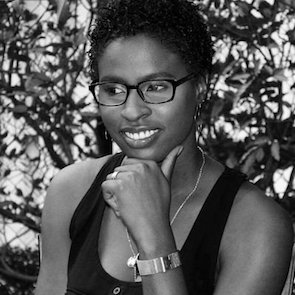#Jamaica
#Jamaica
HRDs in Jamaica face challenges due to their lack of respect from government institutions, notably the police. Failure to investigate attacks or threats against HRDs is a common tactic by police, who often see HRDs as provocateurs.
Human rights defenders who are particularly at risk of violations are those who campaign for lesbian, gay, bisexual, transgender and intersex rights (LGBTI). Homophobia in Jamaican society is rampant and with increasing documented patterns of homophobic violence, human rights defenders are forced to work clandestinely due to increasing mob attacks on the LBGTI community and police harassment. Lesbians, gay men and HIV-positive individuals, as well as human rights defenders campaigning for their rights, face verbal and physical harassment (ranging from death threats to brutal assault and murder), denial of access to services (health services and even transportation) and stigmatisation. There is hostility on behalf of the government and an unwillingness to address the issue of violence against the LGBTI community.
Since 2017, the women’s rights movement in Jamaica has gained force due to a public campaign called #SayTheirNames, which sought to address the silence and impunity that typically surrounds gender and sexual-based violence, and allow many to come forward with the names of the perpetrators of sexual violence. However, the struggle against sexual and gender-based violence still faces a number of challenges, such as a level of resistance from public authorities to duly perform investigations, the stigmatisation of witnesses of abuse, and inter-sectional discrimination against black, LGBTI, and economically disadvantaged women.


